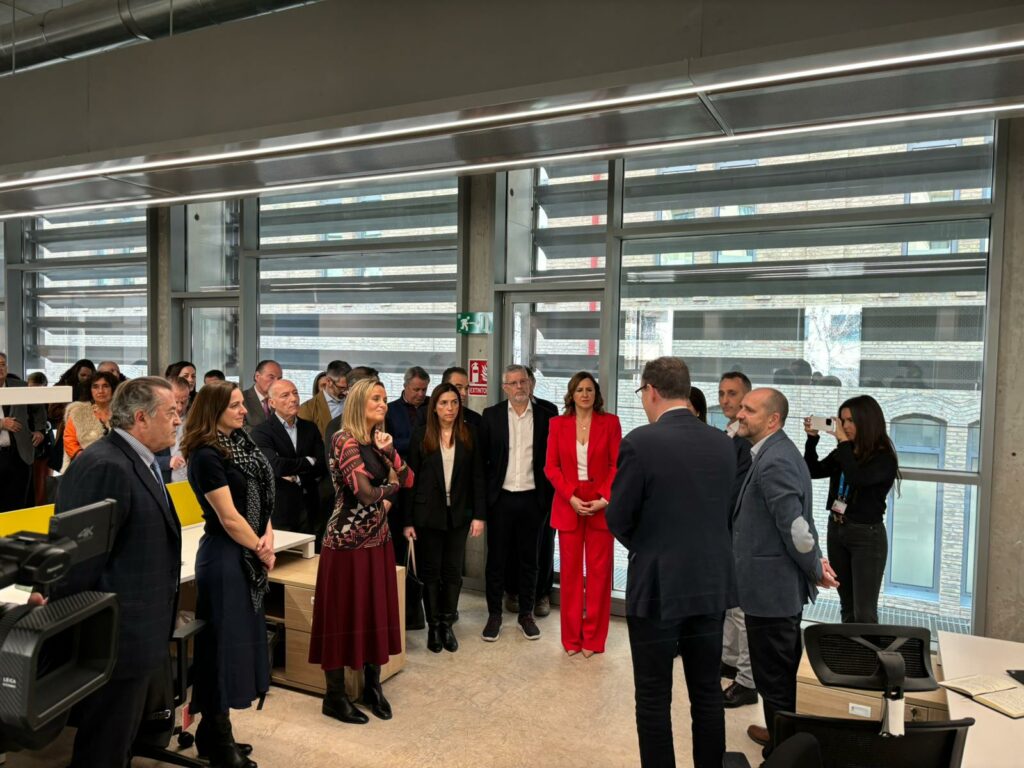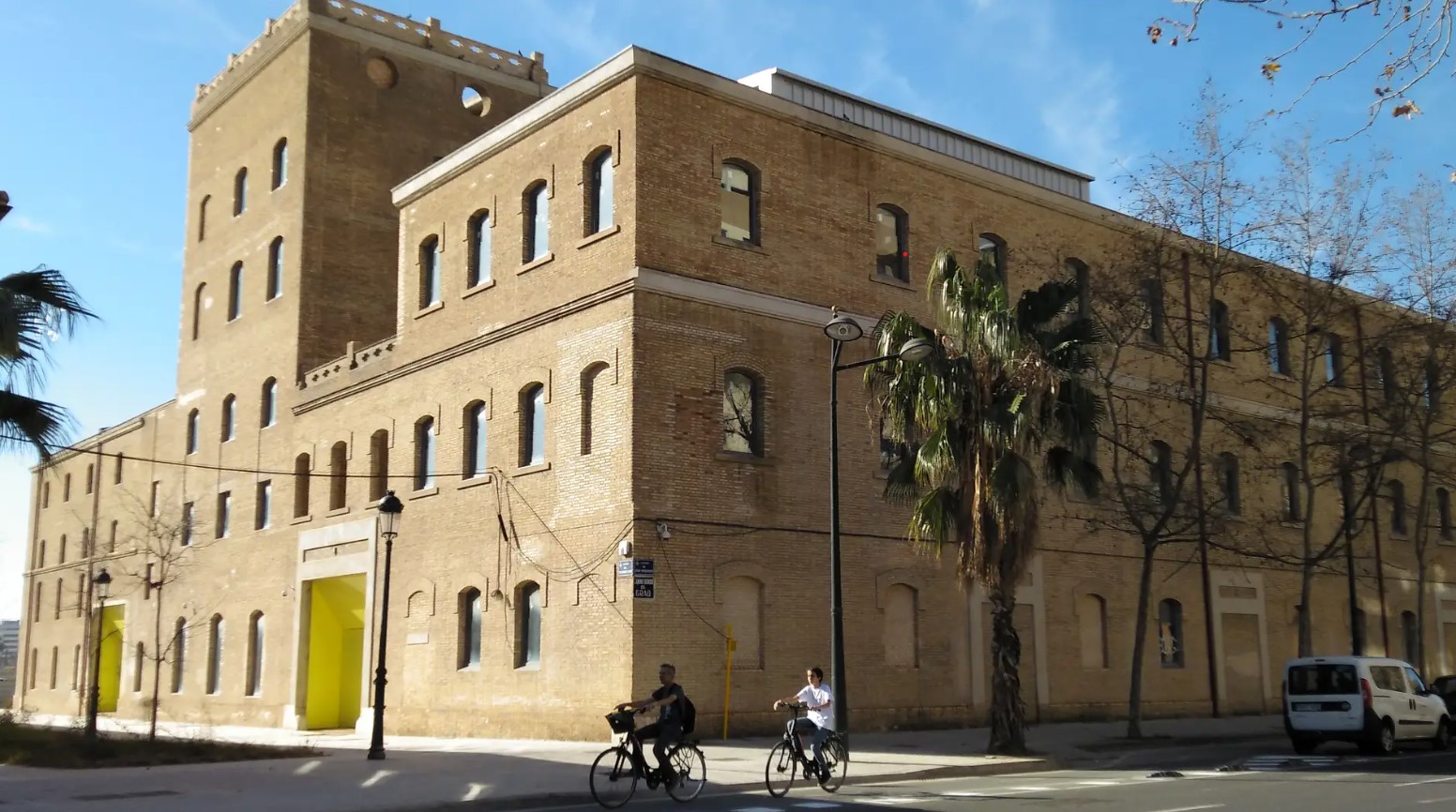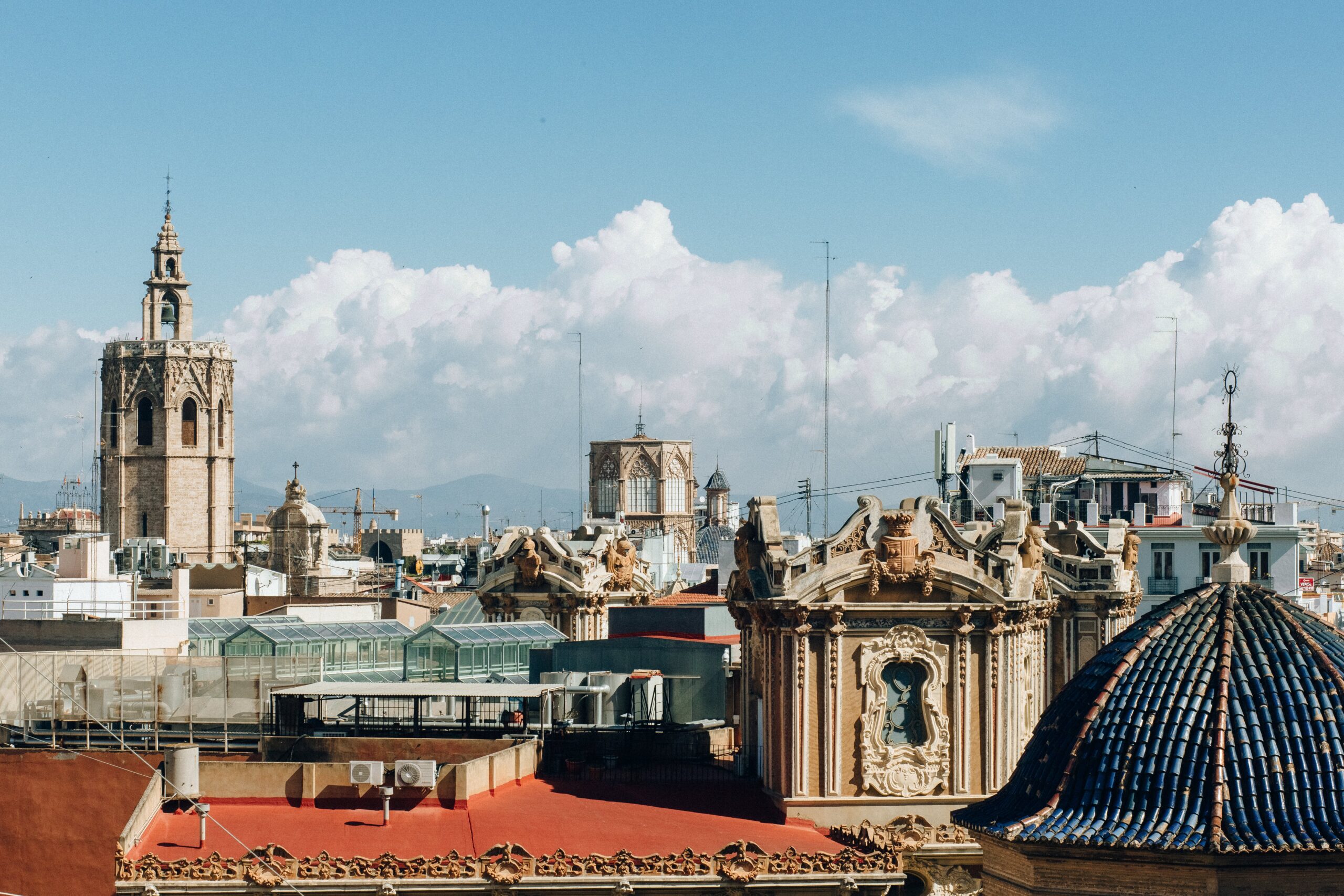La Harinera de Valencia has just been officially inaugurated. The official opening is graced by the presence of María José Catalá, the Mayor of the city, Paula Llobet, Councilor for Tourism, Digital Agenda, Innovation, and Investment, alongside various institutional authorities and key members from the Valencian entrepreneur and innovation ecosystem. Invest in Valencia’s director, María Escartí, has introduced the soft- landing services that will be offered from the new space. This historic Grao factory from the early 20th century is now poised to reawaken, harnessing the potential of its expansive 5,000 square meters of floor space.

Designed to serve the city and, alongside Las Naves, emerge as the new public innovation entity, both entities boast an ambitious objective of positioning themselves as a significant innovation hub, akin to those in European cities such as Berlin, Paris, and Amsterdam, with a combined space of over 10,000 square meters.
Beyond technological and innovation projects within the iconic Grao building, the initiative also includes the promotion of a gaming hub: Valencia Game City. Paula Llobet, Councillor for Tourism, Digital Agenda, Innovation, and Investment, highlights the remarkable standing of Spain’s premier training school and seventh globally, along with the international event Dreamhack, drawing 70,000 attendees annually. Llobet underscores the importance of fostering an industry that retains students in the city.
In line with this vision, the initiative will offer training and support to universities, facilitating the integration of their students into the job market to promote quality employment and retain talent in the city.
Investors meeting point
One of the captivating initiatives set to unfold within the revamped Harinera is the introduction of a soft-landing service, aiding foreign companies seeking to invest in the city by streamlining legal and physical establishment processes.
This will be a first point of contact for international companies, providing access to specialized talent, compatible spaces, and quality networking, with temporary offices available for their initial steps.
Inside La Harinera de Valencia
La Harinera, an industrial heritage of the city dating back to 1923, has undergone restoration that preserves its original essence while making it a functional space. The complex includes a main building with five floors, an annex building, a street-accessible cafeteria, a bioclimatic garden courtyard, and a third building.
Situated on Juan Verdaguer Street, within La Marina de Valencia in the Grao district, La Harinera is part of the dynamic Poblados Marítimos, the city’s seafaring district. El Grao has seen the development of strategic projects in recent years, establishing itself as a hub for economic development and innovation, hosting various initiatives like EDEM Business School, Lanzadera business incubator, Angels investment company, Veles e Vents, Innsomnia accelerator, and coworking spaces like Wayco or Vortex, or the upcoming opening of The Terminal Hub. Today, it stands as a privileged location for entrepreneurship.




